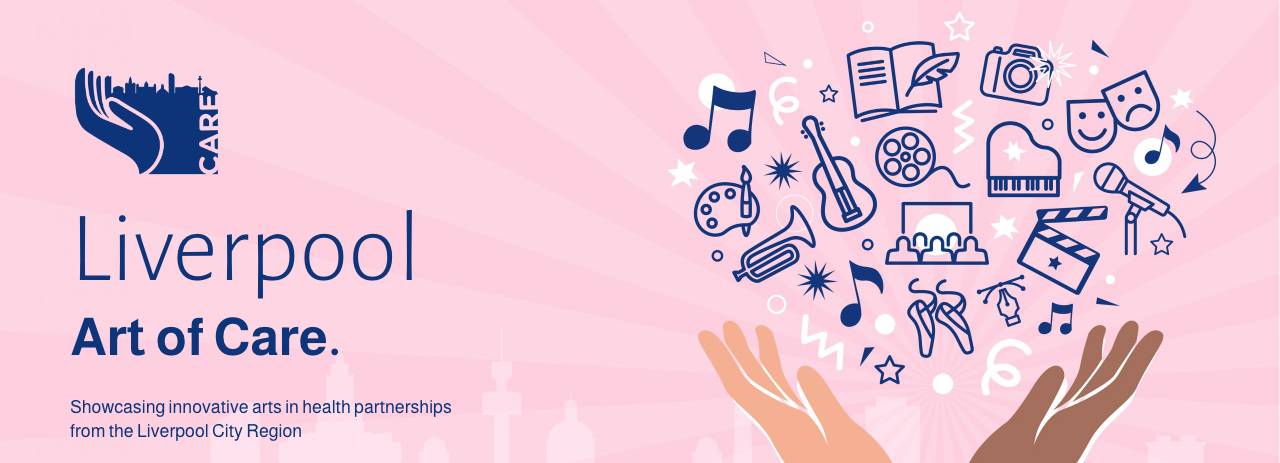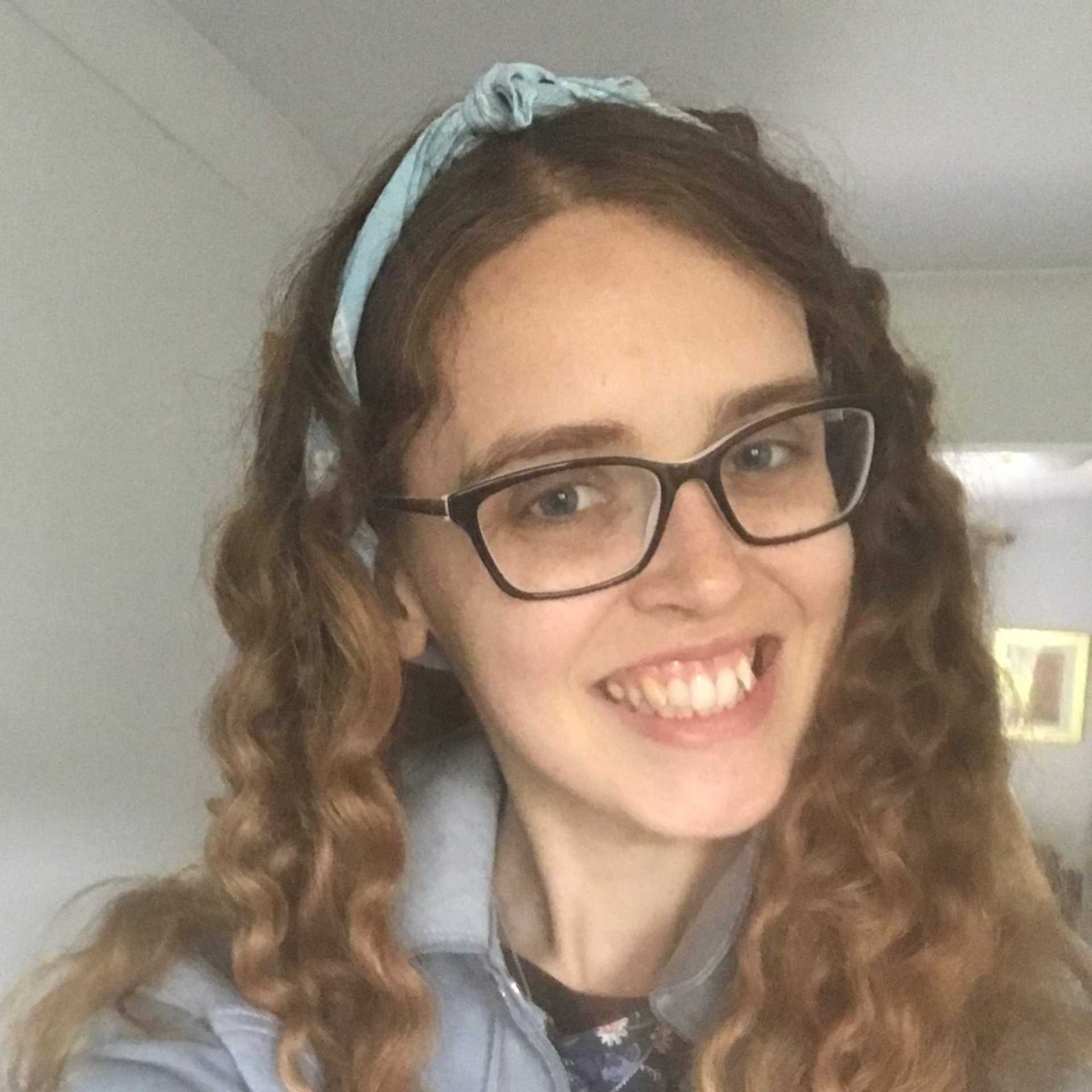LivCare
LivCare makes reliable information about successful arts in health partnerships from across the Liverpool City Region accessible. It showcases best practice, shares new thinking and provides robust evidence.

Liverpool Art of Care (LivCare) has been developed by a team of researchers based at the University of Liverpool. We have worked in partnership with representatives from arts and cultural organisations across the Liverpool City Region (LCR), as well as members of the community who regularly take part in arts and cultural activities. LivCare builds on findings from the COVID-19 CARE: Culture and the Arts, from Restriction to Enhancement: Protecting Mental Health in the Liverpool City Region research project, funded by UKRI AHRC. It responds to the need identified in conversations with arts and cultural partners to coordinate local initiatives and support sustainable arts in health partnerships.






